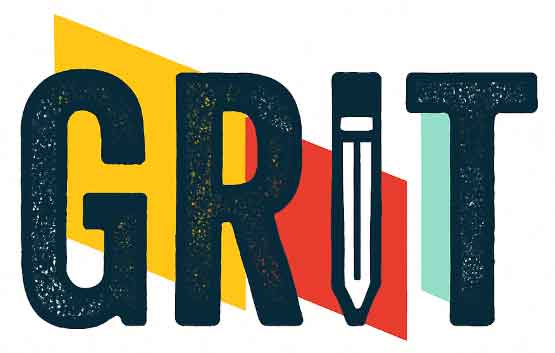Her
In a private chat room, she tells him she ate her newborn child. No explanation or reasoning succeeds this, nor is it required. He mentions a secluded cabin out in the countryside—it belongs to his aunt, one of many in her ownership, so there’s no risk of being discovered. A meeting of kindred souls in which indulgence in the taboo is made possible. Eager at the prospect of being understood, she agrees. Her boss gives her time off on account of the loss of her baby. The pair’s first meeting, devoid of any names or identities, strips her clean of the rigid constraints and compartments she believes human society entraps her in. They abandon his car at the end of the road leading into the forest. Any burdens are left at the threshold. As she starts to close the door behind her, she realises his car is odourless, nondescript like the rest of him. A dark storm cloud in the turbulent shape of a human being.
Under the veiling of a new moon, they begin their sacred communion with the wildlife animals that are scattered around their tiny corner of the world. They set bait traps and anticipate the sensation of warm rabbit blood trickling down their chins. Sometimes it works quickly, sometimes their stomachs grumble for days on end to teach them the meaning of patience. He doesn’t ask any personal questions, and neither does she. Each consumed rodent seems to contain an element of themselves that brings them closer and fulfils a higher purpose than performative, superficial small talk. Her past, her physical characteristics, and her very innermost thoughts drift off into insignificance in the comforting presence of unconditional love. Phonetic sounds that combine to form words like ‘depression’ and ‘miscarriage’ bounce around in her subconscious, pushed further and further away. She rests her back against a moss-covered tree trunk and imagines herself as a stick, her bark whittled away into nothingness. A final violation of her body before there is no longer a body to violate.
A half-moon ascends in the night sky. They spend more time outside the cabin than in, stretched out on their backs in the clearing, and when soft light rays pierce the foliage, they extend their fingers to catch them. Crawling through the undergrowth is now preferable to traipsing along man-made dirt paths. They practise lying in wait for larger prey, the cells of their hearts ceasing to beat as they now become one with the cells that make up the leaves enveloping them. Grief and the surrounding moonlight are photosynthesised to provide them with sustenance for their nighttime proclivities. Verbal communication gradually loses its necessity, giving way to simple gestures and signals. She grows to find comfort in her degeneration, in relinquishing control of her mind to her primal instincts. Food is food, trees are shelter, and water is nourishment, and that’s all there is to it.
The full moon heralds a lone camper invading their territory. A hungry look passes between the couple, the glint of opportunity in their eyes, and the plan is already in motion. The hunting ground has already been mapped out in advance. One swing of a rock feeds the hungry soil with droplets of blood. The woods bear silent witness to the fanatic feeding frenzy that ensues; nails and teeth and sharp rocks work in unison to tear into flesh and expose the organs within. Her new hands no longer resemble those that used to mindlessly tap away on keyboards—protruding from them now are sharp claws, well-suited for what she needs them to do. Her mate has disappeared but she seems not to notice. She trembles in reverence as she holds the heart up to her mouth and takes a bite, the sacred Eucharist imbuing her with the pure bliss of complete ignorance. Weightless, her body floats freely above the camper, the cabin, the beech trees, and the rest of the world. There is no one else around her. There never was.
The last quarter moon’s glow bathes the cabin in a gentle light and falls on a middle-aged woman rummaging through a set of keys. She had been notified of strange noises coming from her cabin by the owner of a neighbouring summer house. Irritated at the idea of having travelled all this way for nothing, she impatiently wrestles with the lock and swings open the door. Her eyes widen. A sleeping wolf and her cub occupy the centre of the room, the cub’s fur matted with dried blood. The she-wolf’s eyes open. At the same time, a woman awakens to a dimly lit, messy room. Condolence cards are strewn across the dresser and on the floor. Withered flowers reside in vases with no water. The phone is ringing. It’s probably yet another one of her friends calling to check up on her, as they had been doing for weeks, yet something now compels her to move and answer the phone. She tells herself it’s just to put an end to the shrill ringtone, but the air contains a refreshing breeze of hope and glimpses into new opportunities. The leaves of the beech outside brush lightly against the window pane. Her gaze rests on them for a moment, lingering.
“Hey there. How have you been holding up?”
